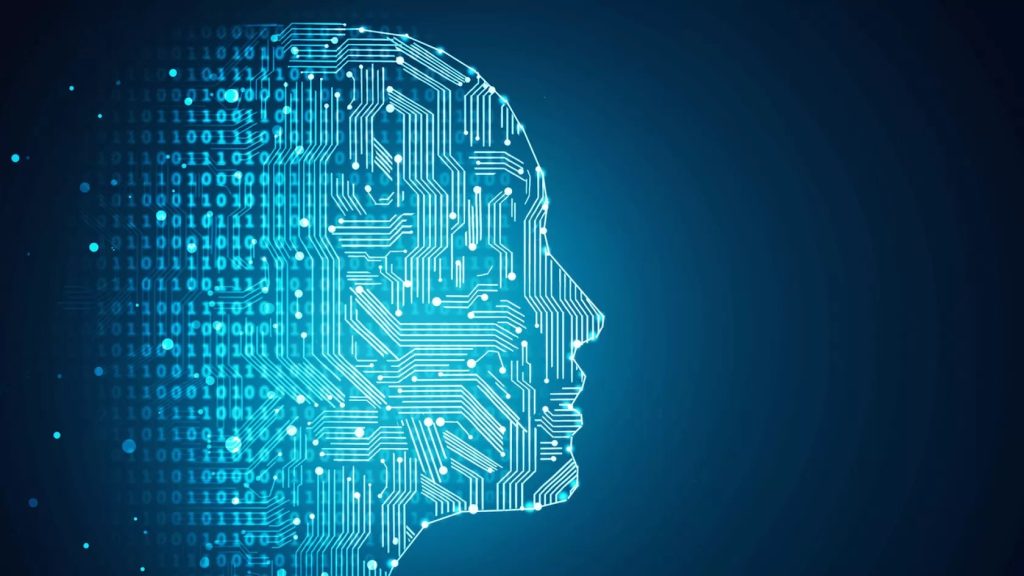In today’s fast-paced manufacturing industry, ensuring product quality is paramount. Quality control processes play a pivotal role in delivering products that meet or exceed customer expectations. However, traditional quality control methods often fall short in keeping up with the demands of modern manufacturing. That’s where Artificial Intelligence (AI) comes into play. In this blog post, we will explore how AI-driven quality control is revolutionizing manufacturing processes.
The Limitations of Traditional Quality Control

Before diving into the AI-driven solutions, it’s essential to understand the limitations of traditional quality control methods. These methods often involve manual inspection and testing, which can be time-consuming, subjective, and error-prone. Human inspectors may miss subtle defects, and the process may not be scalable to handle large volumes of production.
Harnessing the Power of AI
Computer Vision for Visual Inspection
One of the most significant advancements in AI-driven quality control is the application of computer vision technology. Computer vision systems use cameras and AI algorithms to analyze images or videos of products in real-time. This enables manufacturers to detect defects or anomalies with incredible precision.
Computer vision can identify defects such as scratches, dents, color variations, and misalignments, ensuring that only high-quality products reach customers. Moreover, AI-powered systems can work 24/7 without fatigue, providing consistent and reliable results.
Predictive Maintenance
AI can also help manufacturers maintain their machinery and equipment more efficiently. Predictive maintenance algorithms analyze data from sensors and machinery to predict when maintenance is needed. This proactive approach minimizes downtime, reduces maintenance costs, and prolongs the lifespan of critical equipment.
Predictive maintenance algorithms can identify patterns indicative of potential breakdowns, allowing manufacturers to address issues before they lead to costly production stoppages.
Quality Data Analytics
AI-driven quality control systems generate vast amounts of data during the manufacturing process. These data sets can be harnessed for continuous improvement. By applying advanced analytics and machine learning, manufacturers can gain valuable insights into their production processes.
For example, manufacturers can identify root causes of defects, optimize production parameters, and enhance product designs. This data-driven approach enables manufacturers to make data-backed decisions for process optimization and quality improvement.
Implementation Challenges and Considerations

While the benefits of AI-driven quality control are substantial, there are challenges and considerations that manufacturers must address:
Data Quality and Quantity
AI algorithms rely on high-quality data for training and inference. Manufacturers must ensure that they have access to sufficient data and that it is accurately labeled for training purposes. Additionally, data collection processes need to be consistent to maintain the model’s accuracy over time.
Integration with Existing Systems
Integrating AI-driven quality control systems with existing manufacturing processes and software can be complex. Manufacturers need to plan and execute seamless integration to avoid disruptions and maximize the benefits of AI.
Staff Training
AI systems require skilled personnel to operate and maintain them. Manufacturers must invest in training their workforce to effectively use AI-driven quality control tools.
The Future of Manufacturing
AI-driven quality control is rapidly transforming the manufacturing industry. With its ability to improve inspection accuracy, predict maintenance needs, and provide data-driven insights, AI is becoming an indispensable tool for manufacturers striving to deliver high-quality products efficiently.
As AI technology continues to evolve, we can expect even more advanced applications in quality control, further enhancing manufacturing processes and raising the bar for product quality standards. Manufacturers that embrace AI-driven quality control today will be well-positioned to thrive in the ever-evolving landscape of modern manufacturing. In conclusion, AI-driven quality control is a game-changer for the manufacturing industry. It addresses the limitations of traditional quality control methods, offering greater accuracy, efficiency, and scalability. While there are challenges to implementation, the long-term benefits of adopting AI in manufacturing are undeniable. As technology continues to advance, we can look forward to a future where AI plays an even more significant role in improving manufacturing processes and product quality.


Leave a Reply